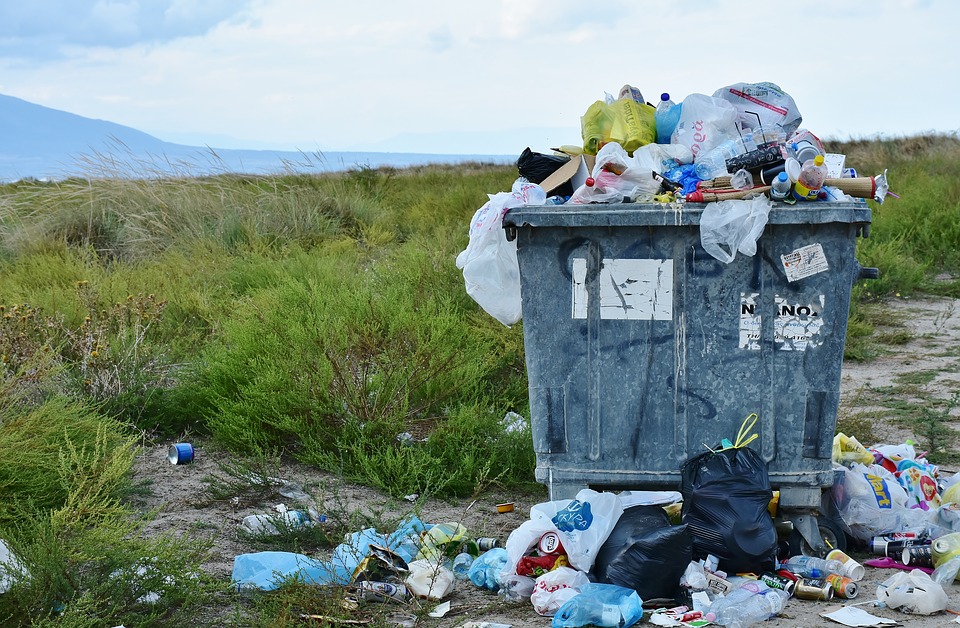
08 May How is China’s Plastic Ban affecting the UK?
As of January, China banned the import of foreign plastic waste, due to a lack of recycling capacity. China has also claimed the major reason for the ban is to reduce pollution and think about their people’s health.
A note saying: “We found that large amounts of dirty wastes or even hazardous wastes are mixed in the solid waste that can be used as raw materials. This polluted the environment seriously,” was sent to the World Trade Organisation (WTO). It also added “To protect China’s environmental interests and people’s health, we urgently adjust the imported solid waste list, and forbid the import of solid wastes that are highly polluted.”
Millions of tons of plastic waste has to gone to China every year, from the UK, for over 20 years and residents in the country are now in fear as to what is going to happen to all of the waste we produce. Many countries didn’t realize the damage it would cause and are now now forced to bury and store all of that plastic waste which has triggered a collapse in global prices for recyclable waste outside China, including the UK.
How much waste have we send to China?

Just around this time last year, Chinese manufacturers imported more than 45,000 tonnes of plastic from the UK. In the past 3 years, over 2 million tonnes of waste, including plastic and recovered paper has been imported into China, just from the UK. The Bureau of International Recycling China has estimated that China imported an estimate of 7.3 million tonnes of plastic scrap and 27 million tonnes of waste paper from Europe, Japan and the USA in 2016.
Other recyclable waste market countries such as Malaysia, Thailand, Indonesia and Vietnam have had an increase in waste import from the EU and America, since China’s waste ban. However, that doesn’t mean that they have the capacity to collect all of the waste from such big countries with a dramatically high amount of waste.
The UK is sending waste to these countries looking at it “in the short term”, as they don’t have the capacity. The UK is also going to tip a part of the waste in landfills in the UK, until another solution comes up but it’s “not ideal” said Alistair Chisholm, an expert from the Chartered Institute of water and environmental management, in an interview with the BBC.

